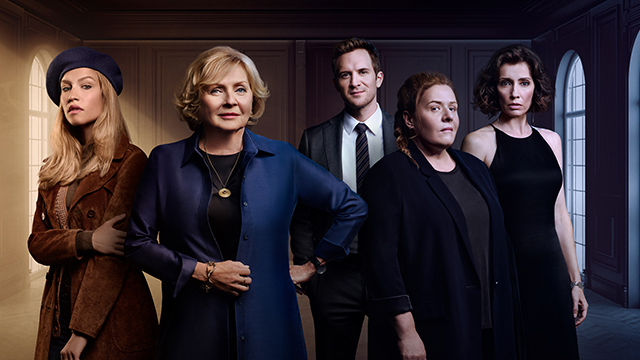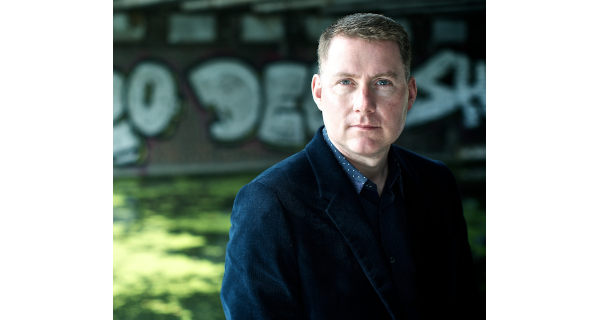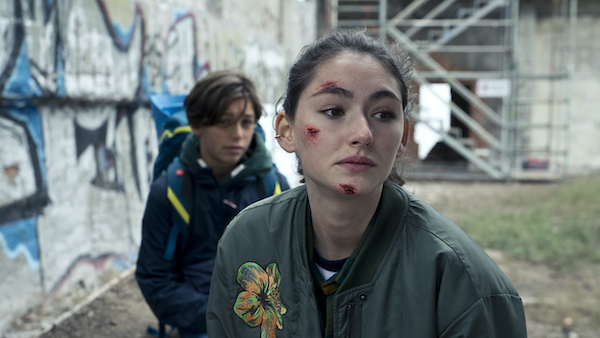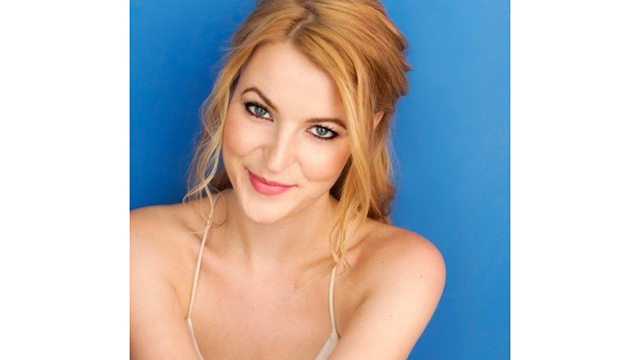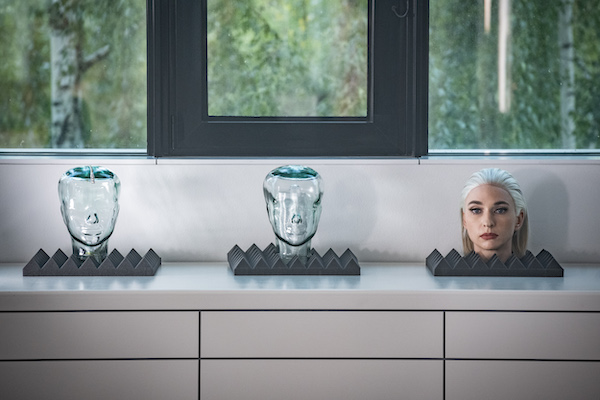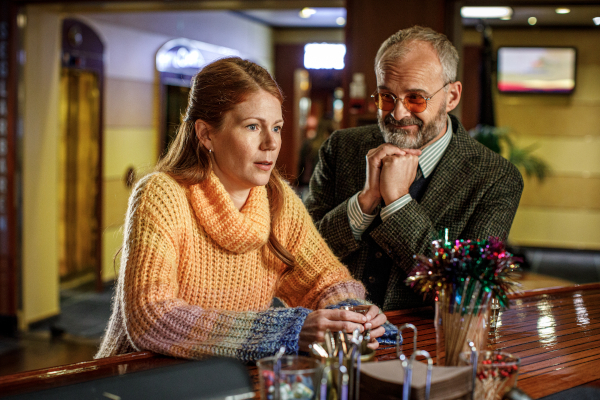From its slate of German classics to its ever-growing portfolio of Nordic noir to brand-new offerings such as the Spanish horror series Stories to Stay Awake, ZDF Enterprises (ZDFE) has carved out an enviable position as a leading provider of scripted series to buyers across the globe. TV Drama checks in with Mirela Nastase, director ZDFE.drama, about the latest trends in Europe’s booming scripted landscape.
TV DRAMA: What are some of the major evolutions you’ve seen in the scripted market across Europe over the last year?
NASTASE: The scripted market follows more or less the media consumption trends during these times, driven by nostalgia, escapism and dystopia. Our catalog and upcoming shows cover various genres fulfilling these needs, from the fantasy One Bad Apple and the horror [anthology] Stories to Stay Awake to the quirky new Nordic [series] Agatha Christie’s Hjerson. Without surprise, viral dramas keep being produced as we try to process the changes and crises we’re facing. In production, Sløborn season two bridges from a somehow-close-to-reality season one to a pure post-apocalyptic the following season. Environmental themes will be a big focus, and our upcoming show The Swarm is in production.
TV DRAMA: What impact do you see the new European quota requirements on streamers having on your business in the year ahead?
NASTASE: Fortunately, we have started closing volume deals with existing platforms and newly launched streamers. This was a very satisfying development [last] year, and we anticipate it to continue. Nevertheless, streamers will be increasing their originals, and this could both limit the volume of acquisitions and increase the available premium fiction for distribution.
TV DRAMA: How are financing models shifting, especially as Covid-19 safety requirements raise budgets?
NASTASE: The budget increases are a tricky development, putting more pressure on the producers and co-financiers. We have faced recalculations a few times since the start of the pandemic, and in most cases, we have found solutions together with all partners. As distributors, we are expected to increase our contribution, which might seem like a short-term solution, but is not sustainable for our business.
TV DRAMA: Are co-productions more important now given rising budgets and the continued expansion of the well-funded global streamers?
NASTASE: A shared risk is preferable, but I wouldn’t say co-pros are the only solution. Authentic, diverse and innovative ideas which better reflect society today should be the focus of broadcasters and distributors. Streamers are not only well funded, but they appear to respond with more awareness and precision to what each viewer enjoys watching. That’s why it is not the number of co-producers that matters but the right ones with a common vision. This way, what appears to be an uncommon co-production can open new paths for content creation: take The Window, a creative financing model between Germany, Belgium and Japan.
TV DRAMA: Are there emerging markets you’re tapping into in Europe for new sources of innovation?
NASTASE: We keep looking into CEE as a truly rich source of talent. We have launched START’s Sherlock: The Russian Chronicles original adaptation and we are thrilled with the market response! We also look closely at the Baltics and Balkan countries, where we can notice visible progress in scripted production.
 TVDRAMA
TVDRAMA
